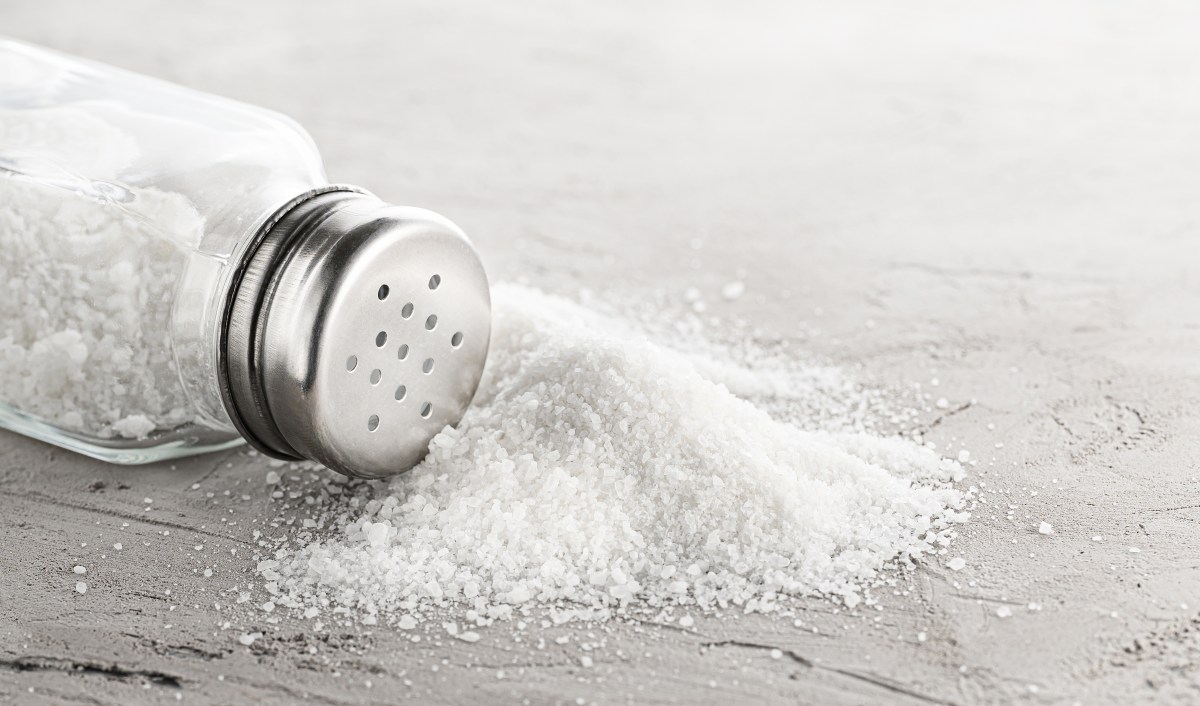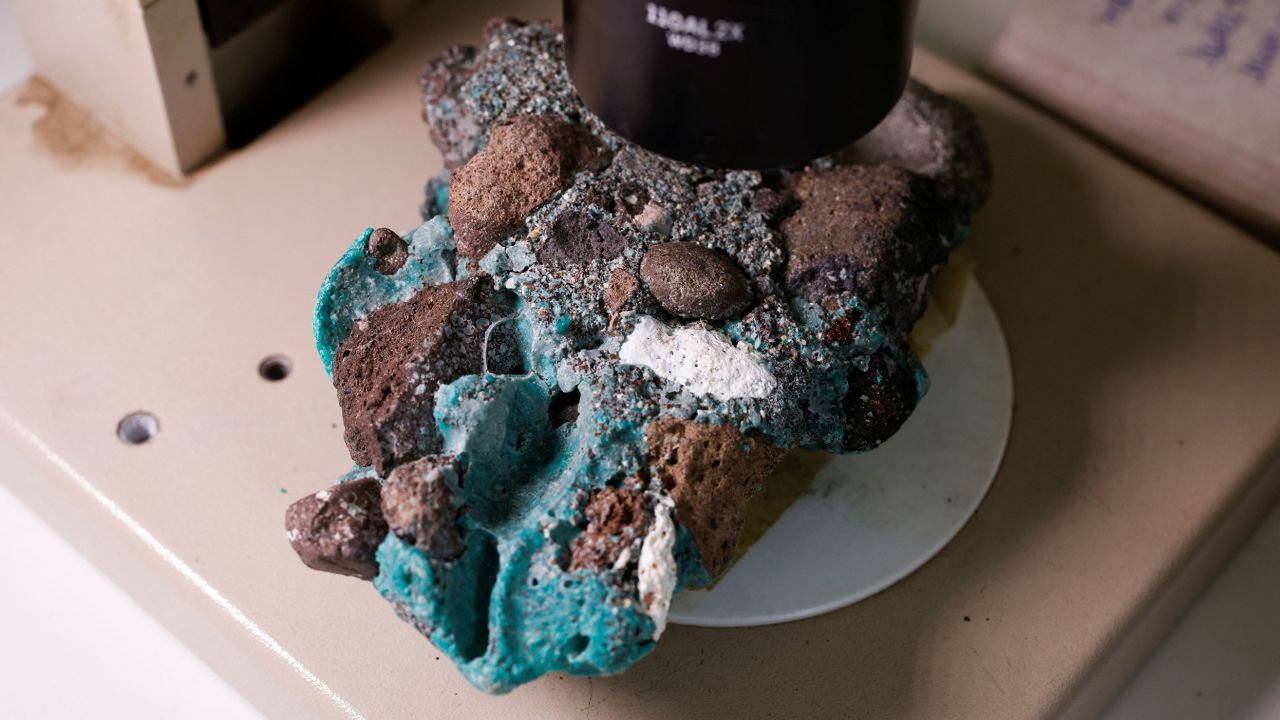(Reuters) – The geology of the Brazilian volcanic island of Trinidad has fascinated scientists for years, but the discovery of rocks made of plastic debris in this remote turtle sanctuary is causing concern.
Melted plastic mixed with rocks on the island, located 1,140 kilometers from the southeastern state of Espírito Santo, which researchers say is evidence of humans’ increasing influence on Earth’s geological cycles.
“This is new and terrifying at the same time, because pollution has reached geology,” said Fernanda Avelar Santos, a geologist at the Federal University of Paraná.
Santos and his team conducted chemical tests to see what kind of plastic was in the rocks, which are called “plastic conglomerates” because they consist of a mixture of sedimentary grains and other debris held together by plastic.
“We’ve determined that (pollution) comes mainly from fishing nets, which are very common debris on Trinidad island beaches,” Santos said. “The nets are dragged along by ocean currents and piled up on the beach. When the temperature rises, this plastic melts and becomes part of the natural material on the beach.”
The molten plastic became mixed with the rocks of the island. (Credit: Rodolfo Bohrer/Reuters)
Trinidad Island is one of the most important places in the world for green turtle conservation. Chelonia Midas, where thousands of specimens arrive each year to spawn. The only human population on Trinidad are members of the Brazilian Navy, which maintains a base on the island and protects nesting turtles.
“The place where we found these (plastic) samples is a permanently preserved area in Brazil, near where green turtles breed,” Santos explains.
Santos says the discovery raises questions about the legacy of humans on Earth.
“We talk a lot about the Anthropocene, and this is the moment,” Santos said, referring to a geological era defined by human impact on the planet’s geology and ecosystems.
“Pollution and trash in the sea and plastic improperly dumped in the oceans have become geological material…preserved in Earth’s geological records.”

“Music buff. Social media lover. Web specialist. Analyst. Organizer. Travel trailblazer.”







More Stories
Nicaragua picks up and delivers to El Salvador four subjects circulated by Interpol
UN experts have warned of serious human rights violations in the context of the presidential elections scheduled for July 28 in Venezuela.
The Organization of American States deploys observers for the US elections